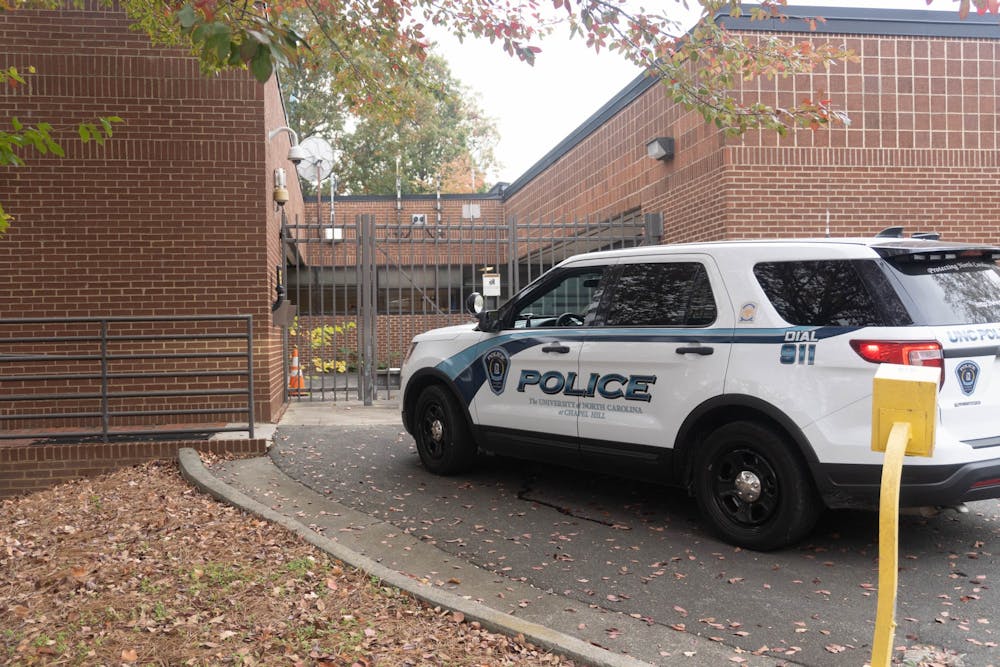Crimes that occur on UNC's campus and in the rest of Chapel Hill fall under different policing jurisdictions. But, the lines between UNC Police and the Chapel Hill Police Department can be blurred, potentially confusing both students are residents.
Here's what you need to know about the difference between the two:
In cases of serious crimes on campus, UNC Police delivers information to students using text alerts, the Alert Carolina website and Twitter page, campus-wide email notifications and mobile safety app push notifications through the Carolina Ready App. UNC faculty, staff, visitors, local residents, parents and the news media can also access the alerts.
However, UNC Police policy states that such information will only be shared if, “there is a continuing danger to the campus community, and issuing the crime alert will not compromise law enforcement efforts to address the crime.”
The Clery Act explains the instances in which UNC Police must share information on the crime once available, barring instances in which police believe such information would compromise investigative efforts.
Brian James, the chief of police for UNC, said sometimes the process of alerting students can appear to be delayed when a victim does not report an incident to the police right away.
“Sometimes it will make it look like we delayed doing the alert when, in fact, we got the information two weeks after the incident occurred, and, if we’re required to report it, we’re certainly going to put out an alert,” he said.
James said the jurisdiction of the UNC Police includes campus and surrounding University-owned properties, which include areas such as the William and Ida Friday Center for Continuing Education that are off of the main campus but remain within the University’s ownership.
He also said that, if UNC students are involved with CHPD in off-campus incidents, UNC Police is notified. At that time, the event, if it qualifies as a Clery incident, must be vetted by UNC Police before alerts can go out.



